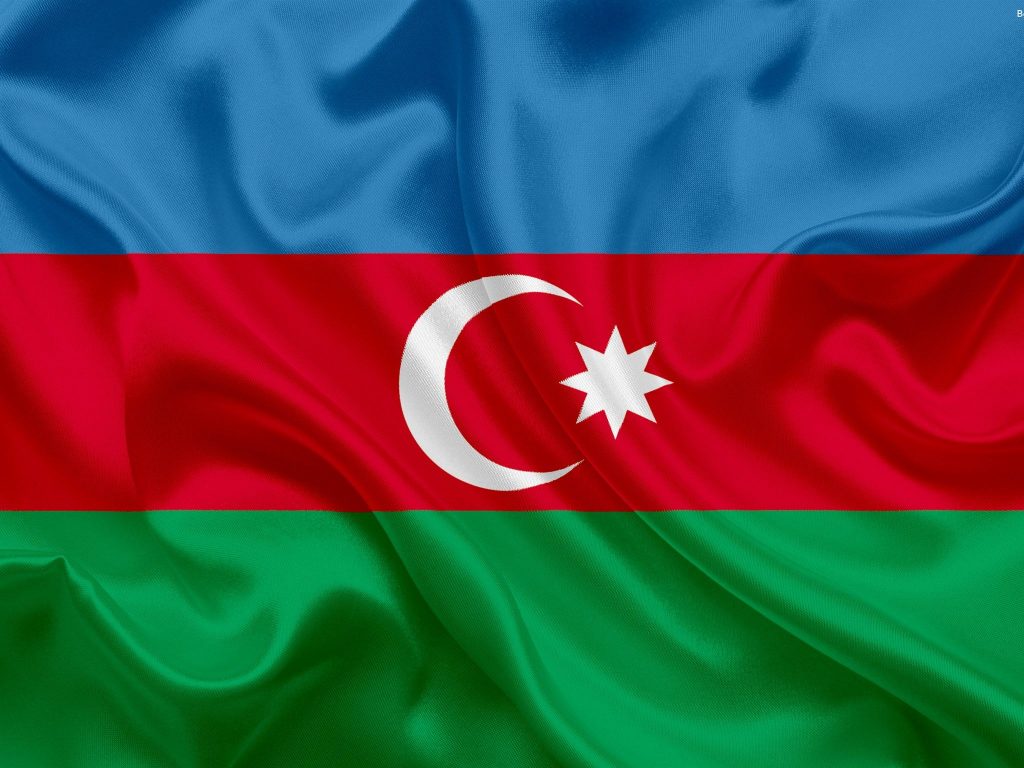Reaching independence in Azerbaijan was followed immediately by the debates on concepts of liberalism, nationalism, secularism and religion. Prominent among these concepts are terms such as secularism and nationalism, which characterize Azerbaijani society. Nearly every politician frequently uses the term “liberal values” or “the establishment of a democratic regime”, but most of them are nationalists or even ultranationalists. The role of the religious segment of intellectuals and elites is very weak
After independence in 1991, Azerbaijan distances itself from the atheistic politics of the Soviet Union and religion changed its status. According to official data, the modern Shia community in Azerbaijan, composes 85% of the Muslim population in the country and the remaining 15%, are Sunni; and differences between them traditionally have not been defined sharply. It should be underlined that Azerbaijani Shia and Sunni populations never had an aggressive attitude to each other. In Icheri-sheher (old-city or Inner city in Baku) Shia and Sunni mosques existed nearly next door, which were built in the medieval period.
Azerbaijan, like other former Soviet republics, experienced something of a religious ‘boom’ after independence, as religion re-emerged in public life. The modern Shia community in Azerbaijan profited from this boom as well. There were 17 mosques that had existed in Soviet times, now there are 1842 mosques in Azerbaijan and 117 of them were built last 8 years. The opportunity to study religion in the country as well as to travel to the religious universities abroad was made possible. Having received Islamic educations in Arab countries or in Iran, new religious clerics try to impose “true Islam”, in place of the existing vernacular Islam in Azerbaijan. It is obvious that Muslims in this country really need to gain Islamic knowledge, but actual situation is not ideal neither for Shia community in post-independence Azerbaijan nor for Sunnis. The Islamic ideas of newly emerged Islamic groups are mostly aggressive and characterize radical Islam. Unfortunately, theological and doctrinal discussions occasionally remain actual among Sunni and Shia clerics not in Azerbaijan, but in the Muslim world. Emphasizing similarities between Shia Islam and Zoroastrianism, and also Christian Catholicism (e.g. the public grief of Ashura is similar in spirit to that which one still see on Good Friday in some Catholic countries, some groups try to convert Azerbaijani youth to the Sunni branch of Islam and they are eager to utilize these facts.
The historical background of the Shia community in Azerbaijan was discussed in the previous post.
Taken From: Shia Islam in Azerbaijan: Historical approach and modernity
Written by: Lala Aliyeva and two other authors
